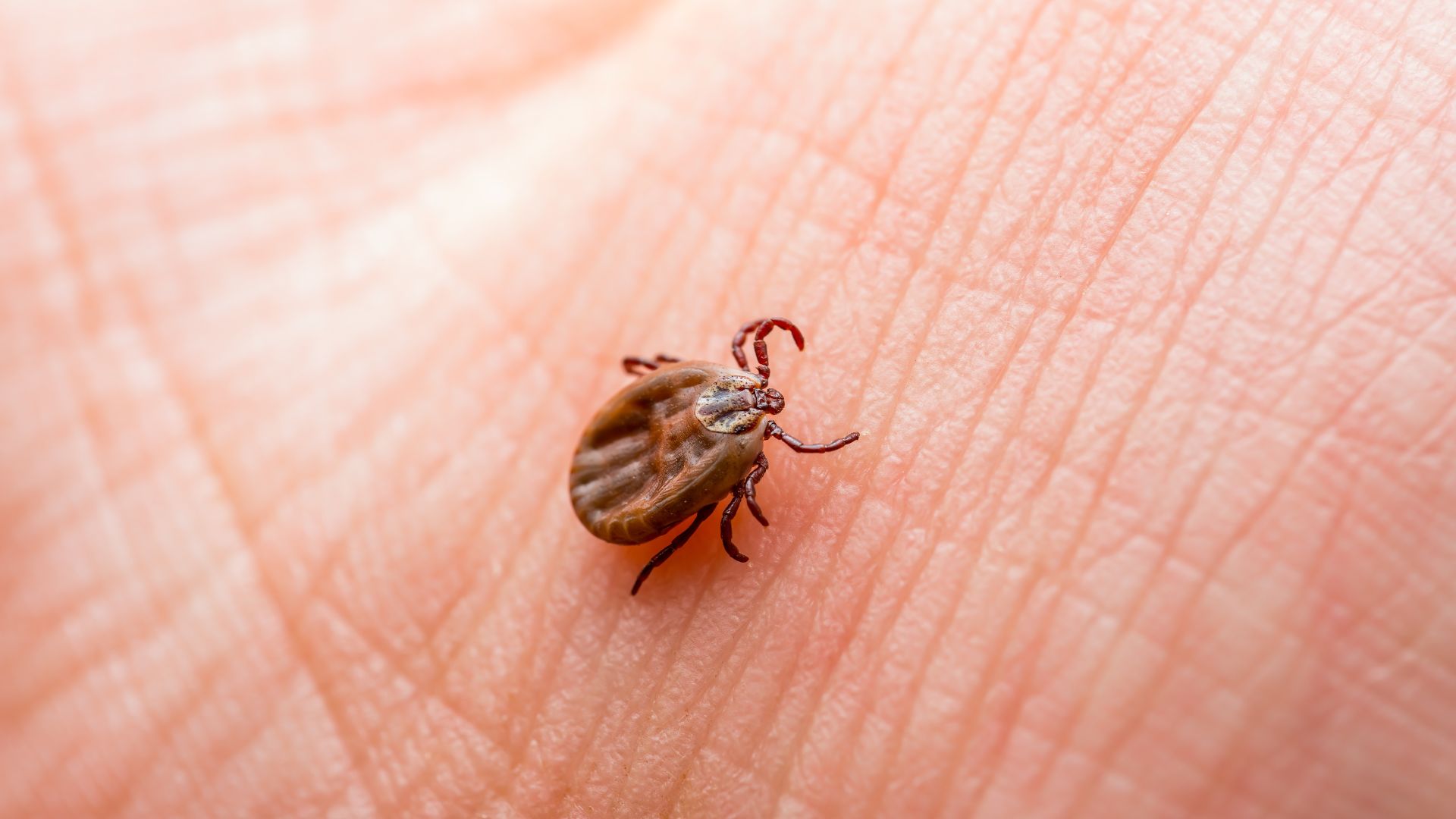Several factors contribute to the tick population increasing in the Northeast.
If you’re wondering why there are so many tick-borne illnesses reported in the Northeast, you’re not alone. Some research suggests the high volume of forests in the Northeast contribute to a high tick population. Meanwhile, research also indicates that land use and climate change are also impacting the tick population and tick-borne illnesses in the Northeast.

Environmental Changes are Giving Ticks More Places to Live
Ticks need hosts they can use for blood. In the Northeast, ticks are prone to feed on white-tailed deer and white-footed mice, both of which tend to travel. These deer and mice travel short and long distances alike. As such, they have helped ticks expand their habitat range in the Northeast.
Mild Winters are Helping Ticks Thrive
Tick season is getting longer in the Northeast, according to some experts. Mild winters are helping ticks survive for longer periods of time than ever before. If ticks do not die out in winter, their populations will grow. Thus, ticks can cause serious problems for people in the Northeast year-round.
People Face Heavy Exposure to Ticks
Spring and summer are popular times to get outdoors and explore, particularly in wooded areas where ticks are present. Yet, many people continue to ignore the health risks associated with tick-borne illnesses. If people are not careful around ticks, they risk getting tick bites. When a tick bites a person, it can spread Lyme disease or other diseases that cause long-lasting health problems.
What Tick-Borne Illnesses Should We Be Worried About Besides Lyme Disease?
Anaplasmosis and babesiosis are two of the most common tick-borne illnesses outside of Lyme disease. With anaplasmosis, a person can experience a fever, headache, and other flu-like symptoms. In severe cases, a person may need to be hospitalized due to a weakened immune system. Like anaplasmosis, babesisosis can weaken a person’s immune system. It can also be especially harmful to people who do not have a spleen.
How to Guard Against Tick-Borne Illnesses in the Northeast
Education can play a key role in your ability to protect against tick-borne illnesses. If you know the dangers associated with tick bites, you can remain diligent in areas where ticks may be present. These areas include bushy, grassy, or wooded areas where ticks tend to hide. Also, you can protect your skin by wearing long-sleeve shirts and pants in spaces where there may be ticks. You can apply insect repellent that helps keep ticks away from you, too.
What Merrimack Tick Control Options Are Available?
For the best Merrimack tick control, you can hire professionals. A tick control company has professionals on staff that can evaluate your property. From here, they can apply a tick control treatment that helps you reduce the tick population on your property by up to 90%. This treatment can deliver results that last up to three weeks.
Explore Merrimack Tick Control Options Today

If you want to avoid a tick-borne illness, it helps to invest in tick control for your Merrimack property. With a top-notch Merrimack tick control company at your side, you can limit the tick population on your property. On top of that, you can lower your risk of contracting a tick-borne illness.
Also read: Are Ticks Prevalent in New Hampshire?